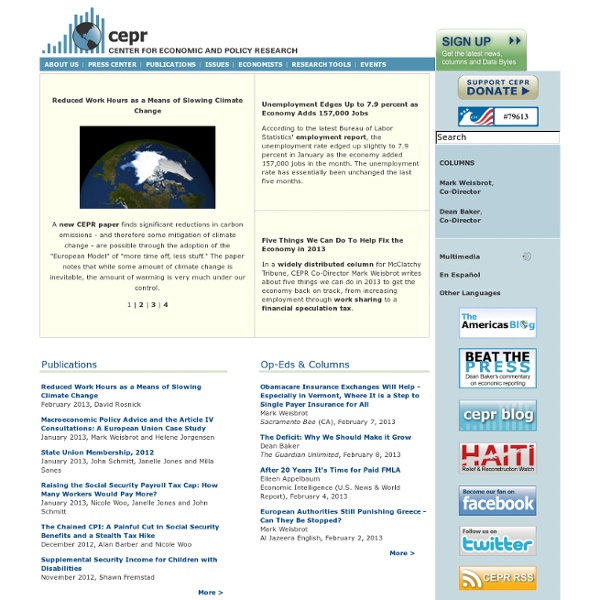



Berghuis v. Thompkins (08-1470) Appealed from the United States Court of Appeals for the Sixth Circuit (Nov. 19, 2008) Oral argument: March 1, 2010 In February of 2001, Southfield, Michigan police officers questioned Van Chester Thompkins (“Thompkins”) for roughly three hours about a shooting that had occurred over one year prior. Second Bill of Rights The Second Bill of Rights was a list of rights proposed by Franklin D. Roosevelt during his State of the Union Address on January 11, 1944.[1] In his address Roosevelt suggested that the nation had come to recognize, and should now implement, a second "bill of rights". Roosevelt's argument was that the "political rights" guaranteed by the constitution and the Bill of Rights had "proved inadequate to assure us equality in the pursuit of happiness." Roosevelt's remedy was to declare an "economic bill of rights" which would guarantee eight specific rights: Roosevelt stated that having these rights would guarantee American security, and that America's place in the world depended upon how far these and similar rights had been carried into practice.
Thomas Bayes Thomas Bayes (/ˈbeɪz/; c. 1701 – 7 April 1761)[1][2][note a] was an English statistician, philosopher and Presbyterian minister, known for having formulated a specific case of the theorem that bears his name: Bayes' theorem. Bayes never published what would eventually become his most famous accomplishment; his notes were edited and published after his death by Richard Price.[3] Biography[edit]
Cold War II by Noam Chomsky These are exciting days in Washington, as the government directs its energies to the demanding task of "containing Iran" in what Washington Post correspondent Robin Wright, joining others, calls "Cold War II." During Cold War I, the task was to contain two awesome forces. The lesser and more moderate force was "an implacable enemy whose avowed objective is world domination by whatever means and at whatever cost." Hence "if the United States is to survive," it will have to adopt a "repugnant philosophy" and reject "acceptable norms of human conduct" and the "long-standing American concepts of `fair play'" that had been exhibited with such searing clarity in the conquest of the national territory, the Philippines, Haiti and other beneficiaries of "the idealistic new world bent on ending inhumanity," as the newspaper of record describes our noble mission. But at least it was possible to deal with , unlike the fiercer enemy, . And daunting it is.
Modern Monetary Theory is an unconventional take on economic strategy What’s more, his father, John Kenneth Galbraith, was the most famous economist of his generation: a Harvard professor, best-selling author and confidante of the Kennedy family. Jamie has embraced a role as protector and promoter of the elder’s legacy. But if Galbraith stood out on the panel, it was because of his offbeat message. Most viewed the budget surplus as opportune: a chance to pay down the national debt, cut taxes, shore up entitlements or pursue new spending programs. He viewed it as a danger: If the government is running a surplus, money is accruing in government coffers rather than in the hands of ordinary people and companies, where it might be spent and help the economy. “I said economists used to understand that the running of a surplus was fiscal (economic) drag,” he said, “and with 250 economists, they giggled.”
Folkscanomy Mathematics: Books of a Mathematic Nature : Free Texts : Download & Streaming K.A. Stroud Engineering Mathematics ( programmes & Problems ) 1st Ed Macmillan & Co. Ltd. 1970 Acrobat 7 Pdf 17.1 Mb. Zombie Hasbara: 'World War Z' and Hollywood’s Zionist embrace Zombies rush the wall in World War Z. I went to the Drive-In in Atlanta Friday night, to celebrate a friend’s birthday, a beautiful night under an almost full moon. We watched This is The End and Fast and Furious 6, and two of us stayed for the 2:00 am screening of World War Z. I’m not a zombie fanatic, so other than watching the Walking Dead, I had few expectations beyond the trailers that have been on TV since the Super Bowl. So I was surprised, jarred out of the movie really, when right in the middle of the narrative, Brad Pitt’s character, Gerry Lane, travels to Israel and spends more than 10 minutes in a full-on pro-Israel propaganda piece that was as corny as it was crazy. The Times of Israel may be only slightly exaggerating when it calls this “the greatest piece of cinematic propaganda for Israel since Otto Preminger’s “Exodus.”
Mainstream economics and Modern Monetary Theory: A family tree Culture Connoisseur Badge Culture Connoisseurs consistently offer thought-provoking, timely comments on the arts, lifestyle and entertainment. More about badges | Request a badge